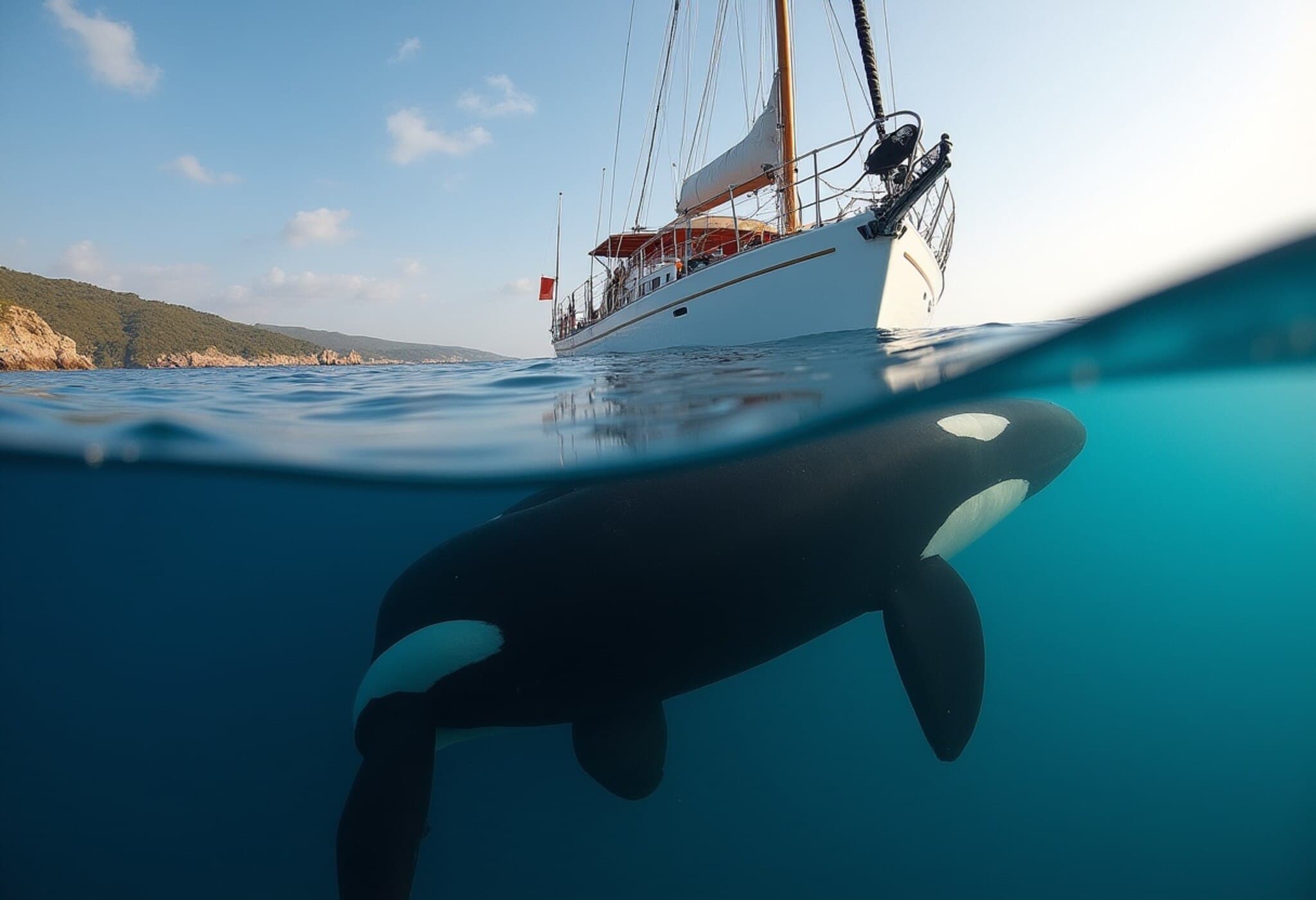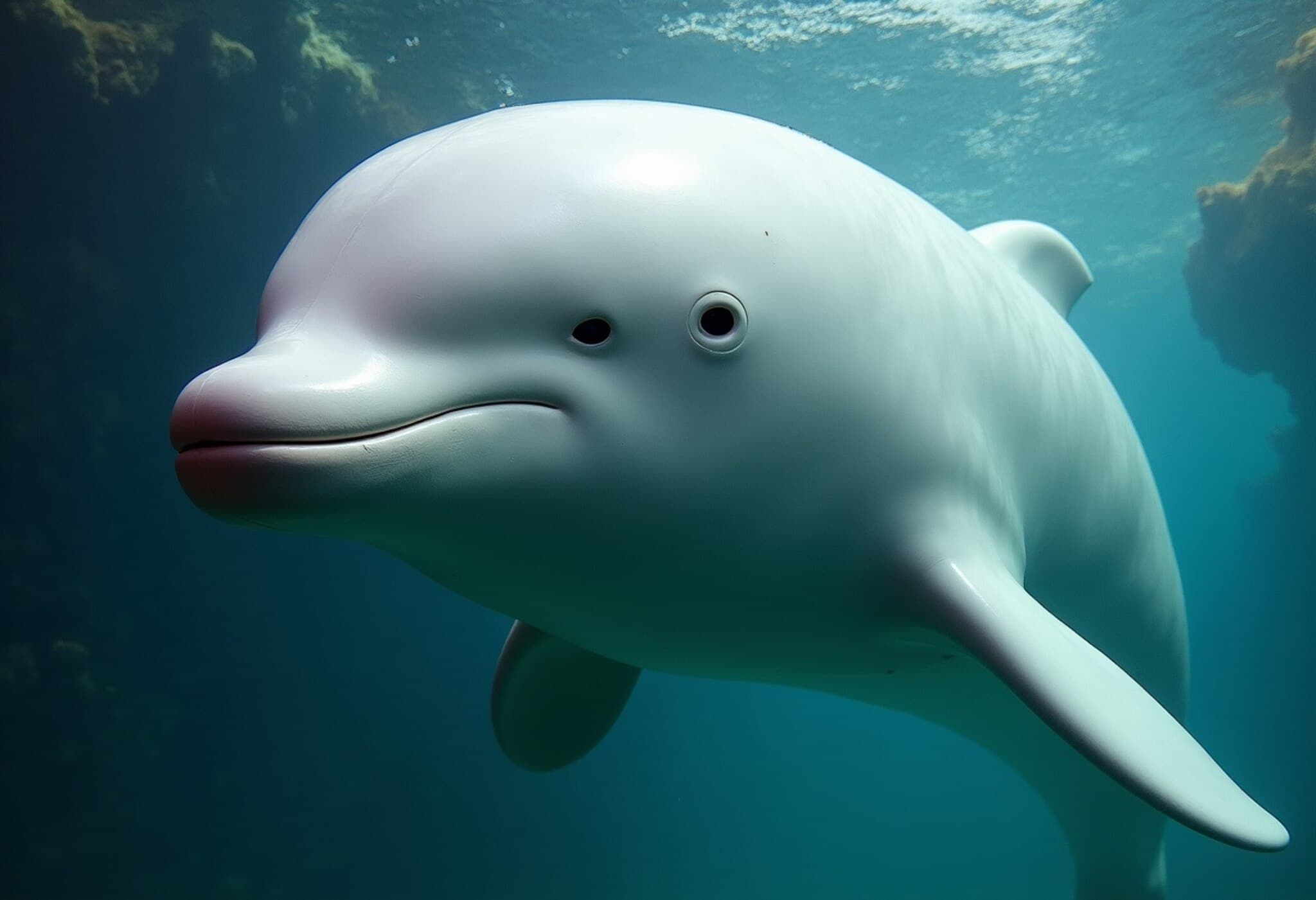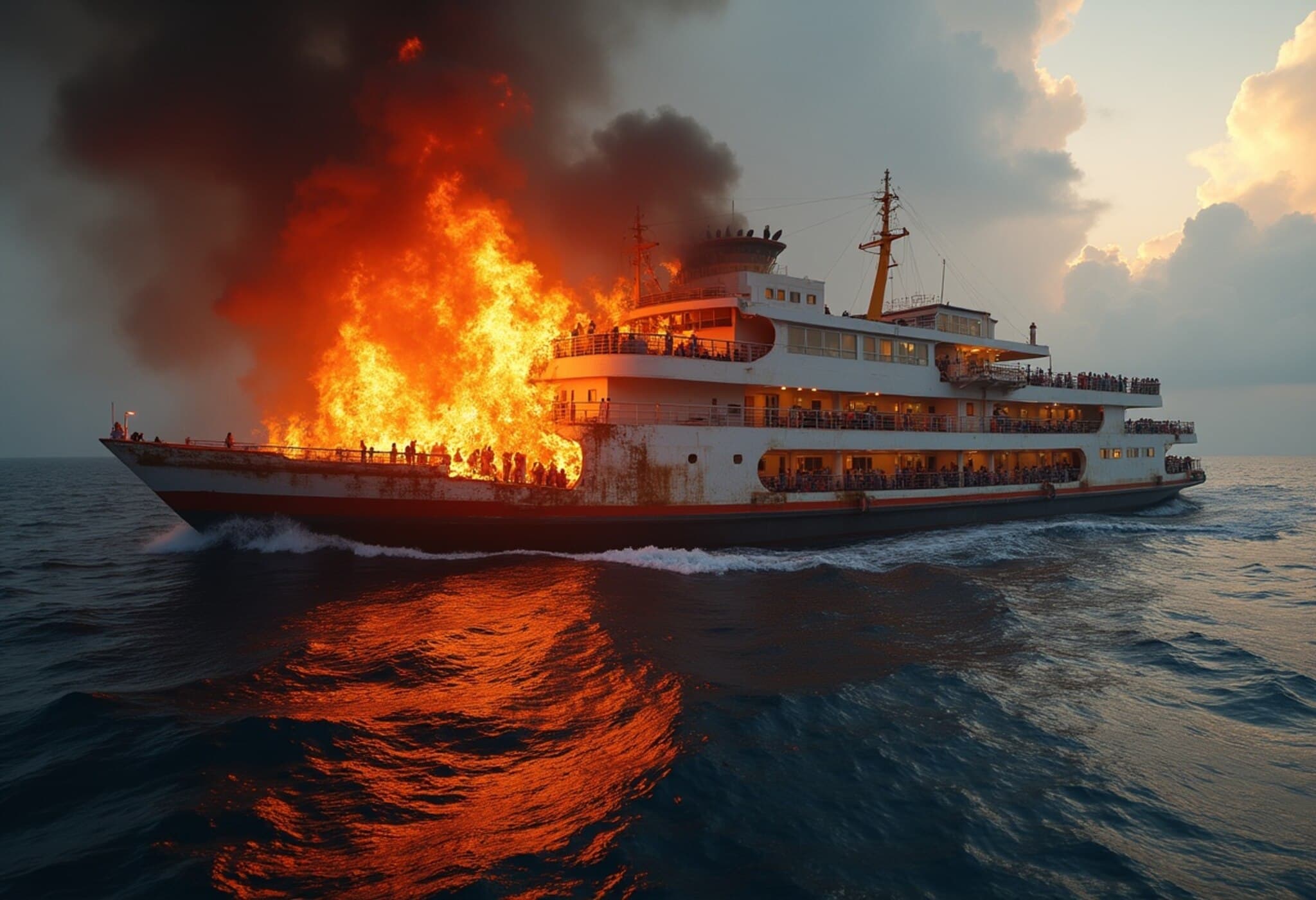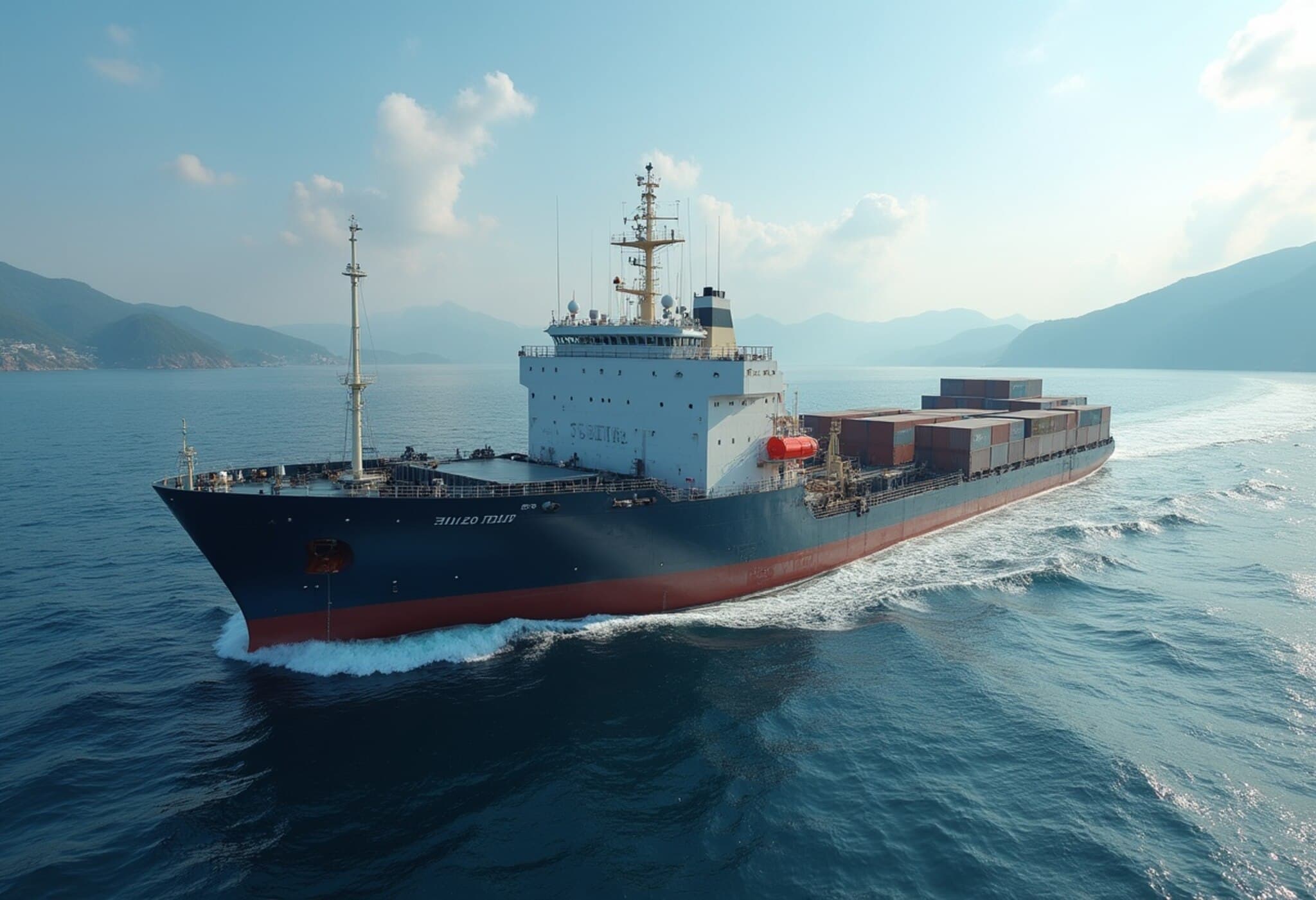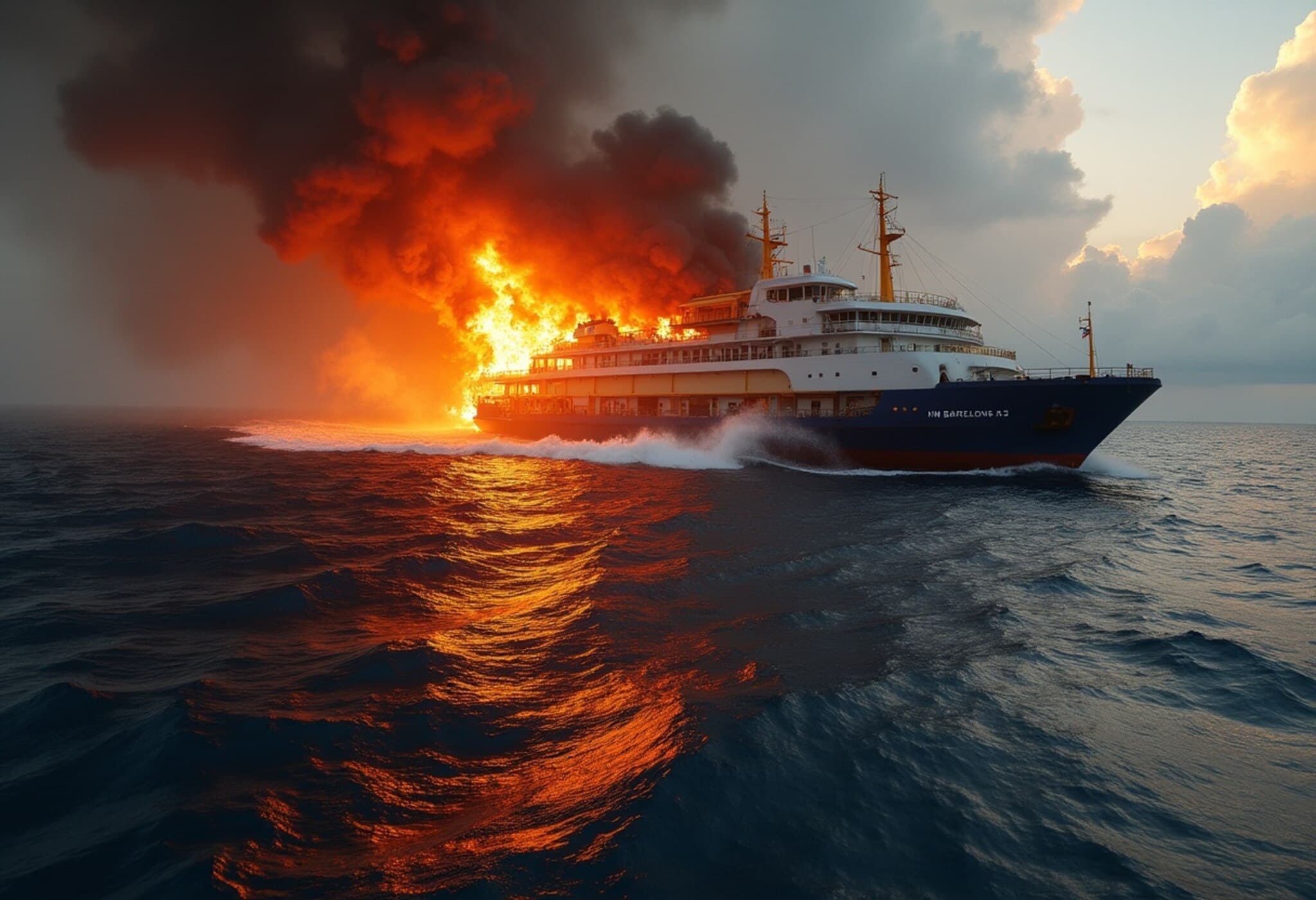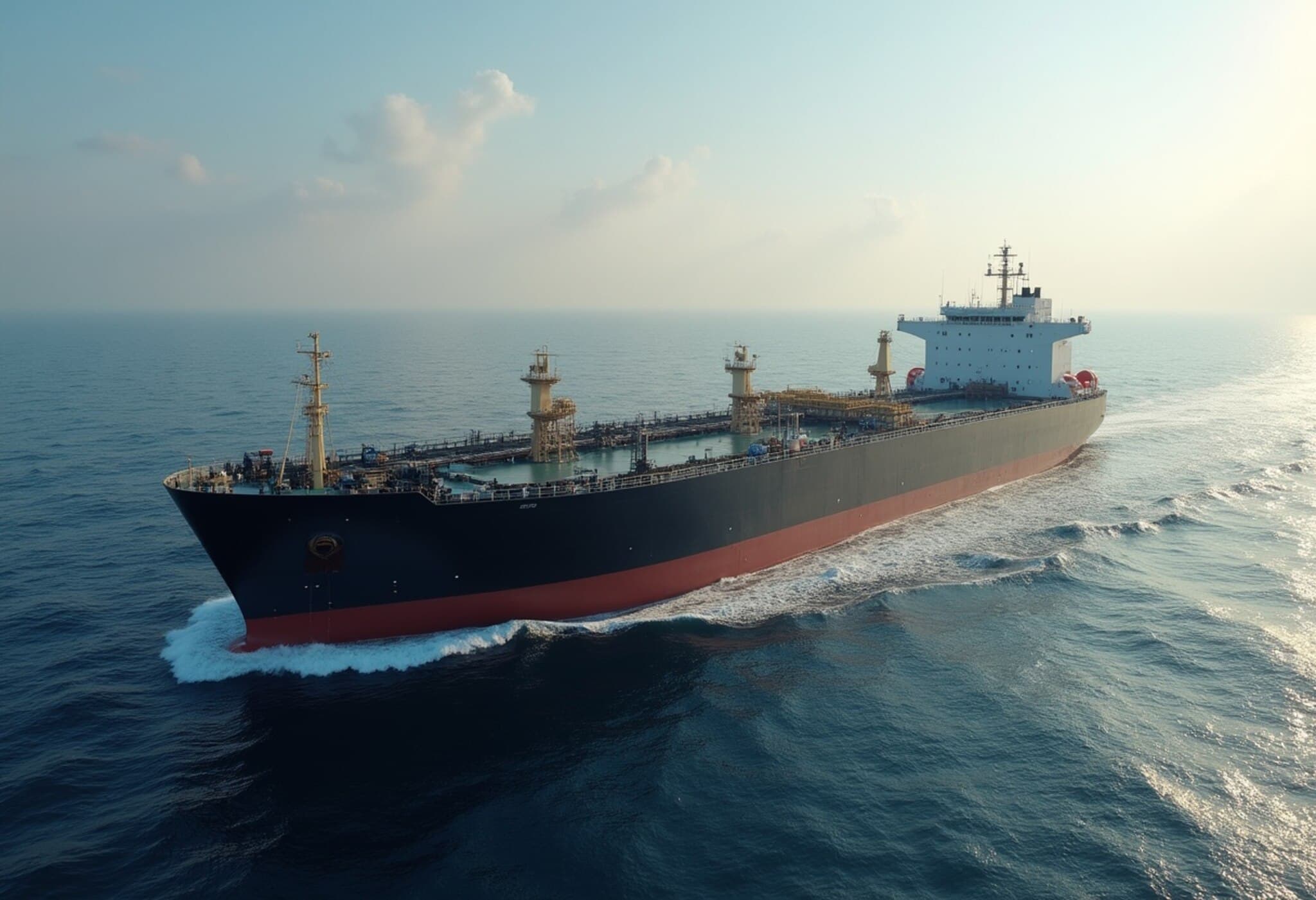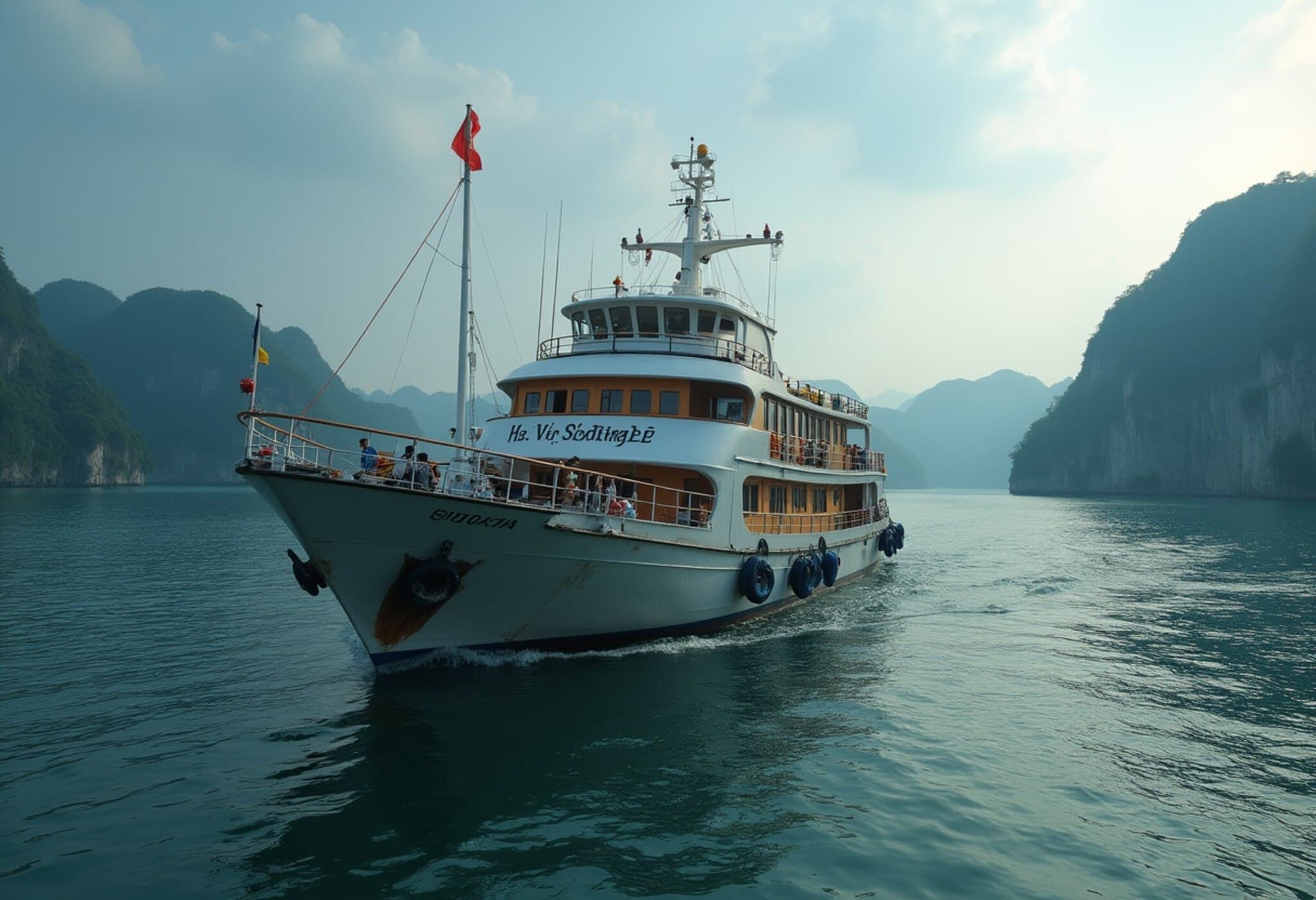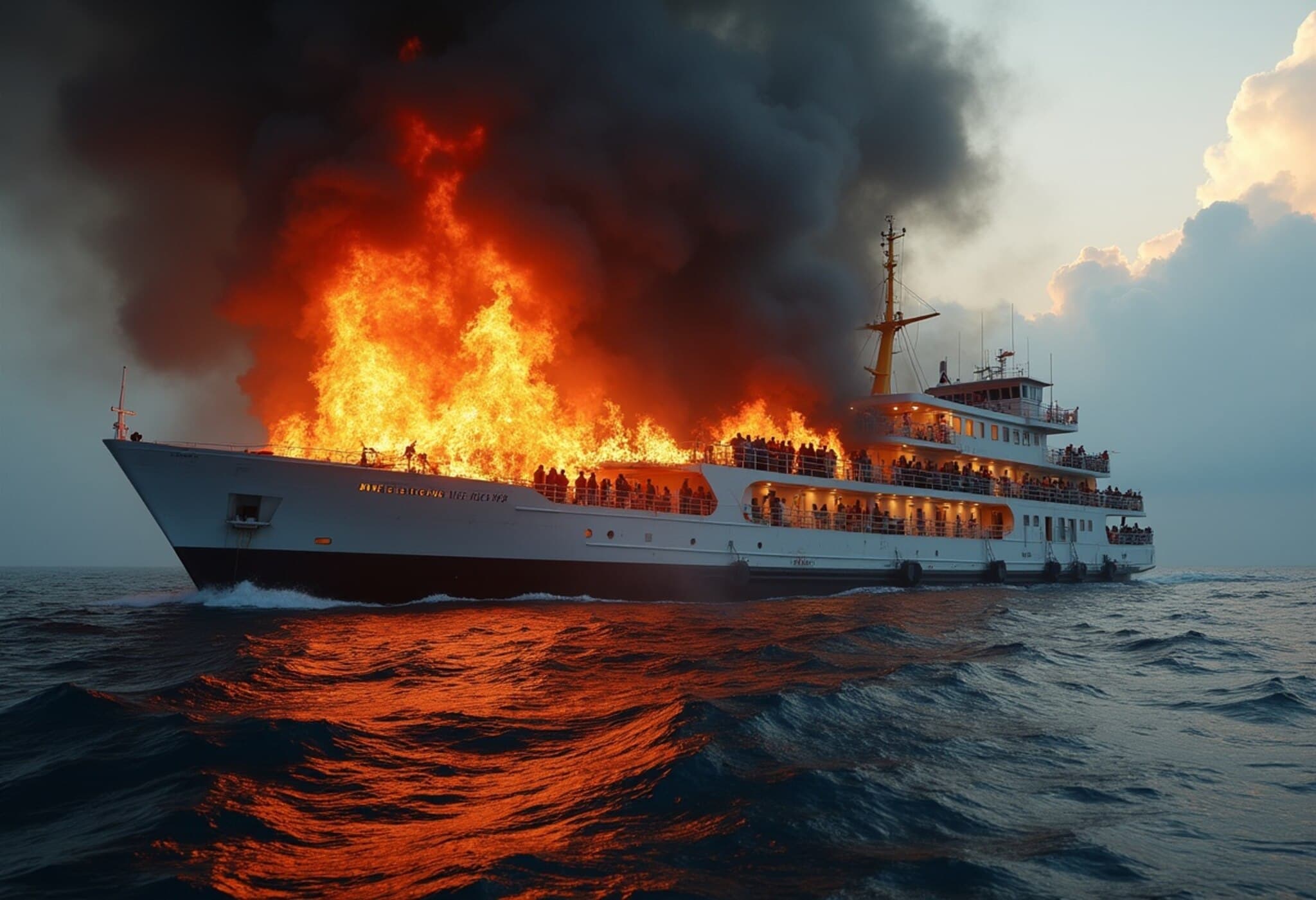Orcas Ram Yacht Off Spain's Basque Coast: Two Sailors Rescued
In a startling maritime incident illustrating the growing interactions between humans and marine wildlife, two sailors aboard the French yacht Azurea were rescued off the Basque coast of northern Spain after aggressive orca behavior led to their vessel being rammed. The Spanish coastguard promptly responded to the mayday call on Monday afternoon, ensuring both sailors—one aged 60—were safely brought to the port of Getaria.
Understanding the Orca Phenomenon in Iberian Waters
While such aggressive encounters remain rare in the Atlantic's northern stretches, similar incidents have been increasingly documented along Spain’s southwestern coast in Galicia and particularly in the notorious "orca alley" around the Strait of Gibraltar. Scientists estimate that about 15 individual orcas within a pod of 50 whales are involved in this peculiar behavior, which involves ramming the stern of sailboats to disable the rudder—after which the whales seemingly lose interest.
This recent occurrence marks a continuation of a trend observed since 2020, when the first aggressive orca interactions were recorded in Iberian waters. Spanish authorities, alarmed by multiple attacks—including several vessels sunk—have implemented strict navigation guidelines for sailors transiting these “hotspot” areas.
Expert Insights: Behavior or Boredom?
Professor Volker Deeke, an esteemed wildlife conservation expert from the University of Cumbria, offers a calming perspective amid concerns: "Contrary to popular belief, these are not aggressive attacks. The orcas remain 'cool, calm, and collected' throughout interactions, displaying no signs of agitation such as splashing or vocalizations." However, he urges caution among UK sailors, emphasizing that such incidents could expand into British waters given ongoing orca movements along the Atlantic coasts.
Adding to the discussion, Dr. Javier Almunia, director of the Loro Parque Foundation, notes the success of preventative measures in Gibraltar, where adherence to recommended protocols has decreased the incidents by approximately 90%. He highlighted that the same pod appears to be responsible for attacks across the Iberian Peninsula, alleviating concerns about the behavior spreading to new orca populations.
Practical Safety Guidelines for Mariners
Boaters navigating orca hotspots are advised to:
- Immediately stop engines and lower sails upon spotting orcas.
- Turn off autopilot and echo sounders to minimize disturbances.
- Avoid loud noises or attempts to scare whales away, which might provoke unintended reactions.
- Proceed at full speed to shallower waters (approximately 20 meters deep), a zone orcas tend to avoid.
- Avoid approaching or remaining in recognized orca hotspots whenever possible.
Notably, Spanish authorities discourage stopping boats in these waters but advocate moving quickly toward shallow areas to reduce vulnerability. This contrasts somewhat with British guidelines but reflects learned experience from repeated incidents in the region.
A Broader Marine Conservation Context
This phenomenon opens wider conversations about human-wildlife coexistence amid increasing maritime traffic. The orcas' nuanced behavior—possibly rooted in boredom, territoriality, or trauma—highlights the complexity of apex predators interacting with human environments. For instance, some scientists speculate that a female orca nicknamed "White Gladis" may have transmitted this rudder-bumping behavior culturally within the pod, possibly stemming from prior negative encounters with boats or fishing nets.
From 2020 onward, authorities recorded over 29 orca interactions in Spain’s waters, leading to the sinking of at least six vessels and several high-profile rescues. Similar episodes in British waters remain rare but not unheard of, prompting the development of shared international guidelines and increasing research into marine mammal behavioral ecology.
Looking Ahead: What Sailors and Policymakers Should Consider
With the rise of such unprecedented interactions, sailors must stay informed and prepared, adapting navigational strategies to protect both human lives and the marine environment. Moreover, these events underline the need for enhanced marine safety policies across European waters and greater investment in behavioral research on orcas.
As coastal tourism and yachting flourish, balancing human activity with conservation calls for collaborative efforts—ensuring these majestic creatures continue to thrive without endangering those who traverse their domains.
Editor’s Note
The orca ramming incidents reveal an intriguing, little-understood interaction between humans and marine life in European waters. While no deliberate aggression appears to underpin these behaviors, they serve as a powerful reminder of the unpredictable ways wildlife adapts in a rapidly changing world. Mariners venturing into affected regions must adhere strictly to safety protocols, while policymakers and researchers collaborate to deepen understanding. This incident may well be an early signal of evolving marine ecosystems requiring nuanced stewardship.

